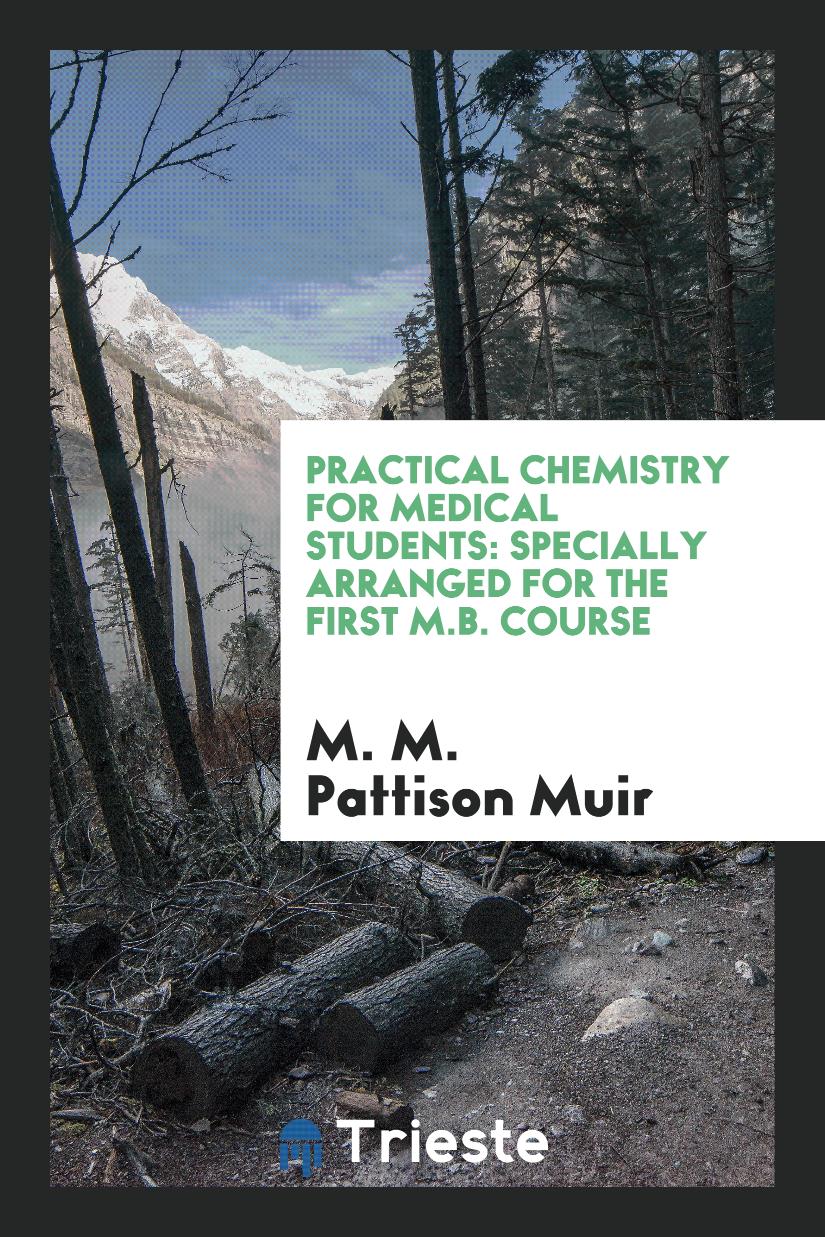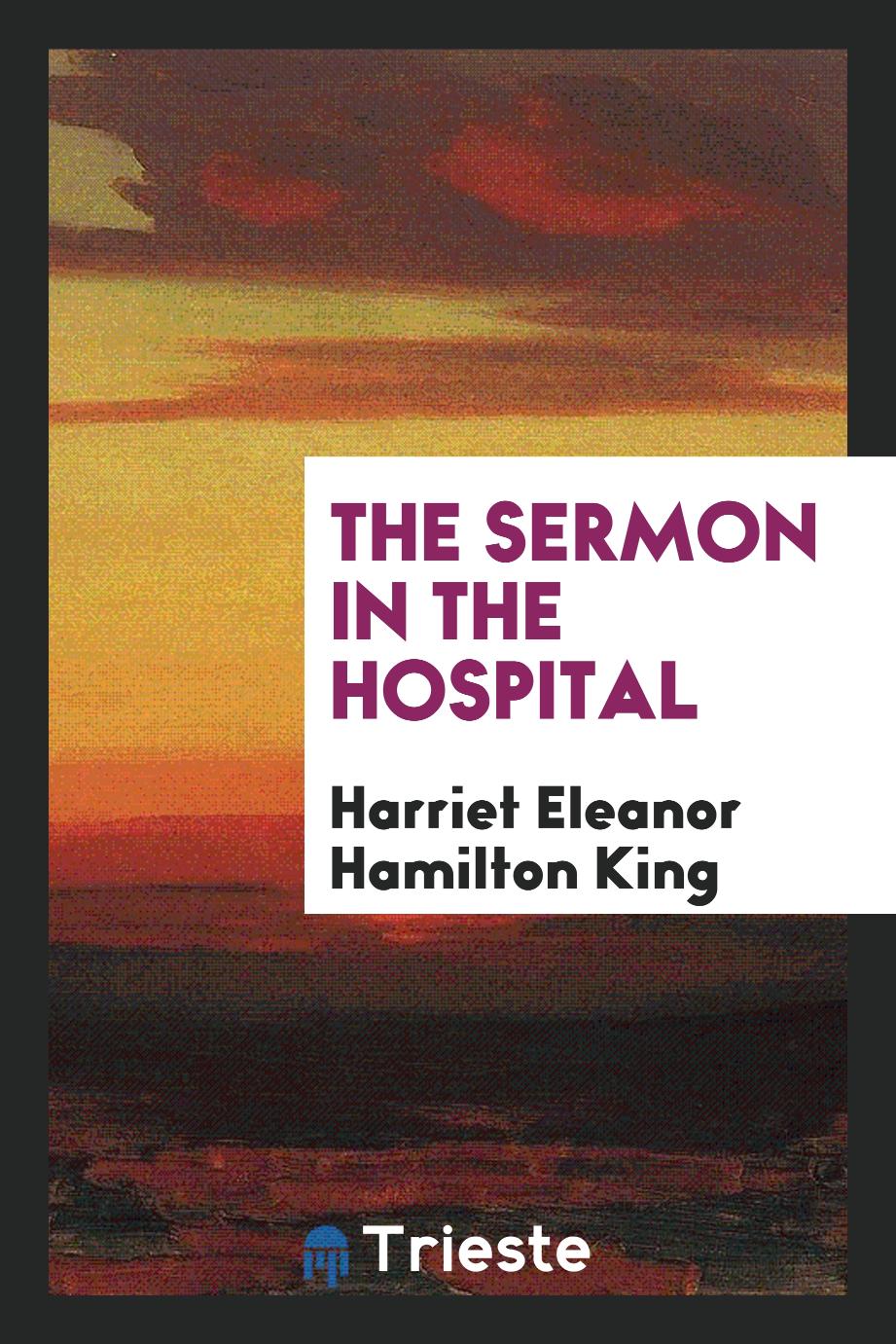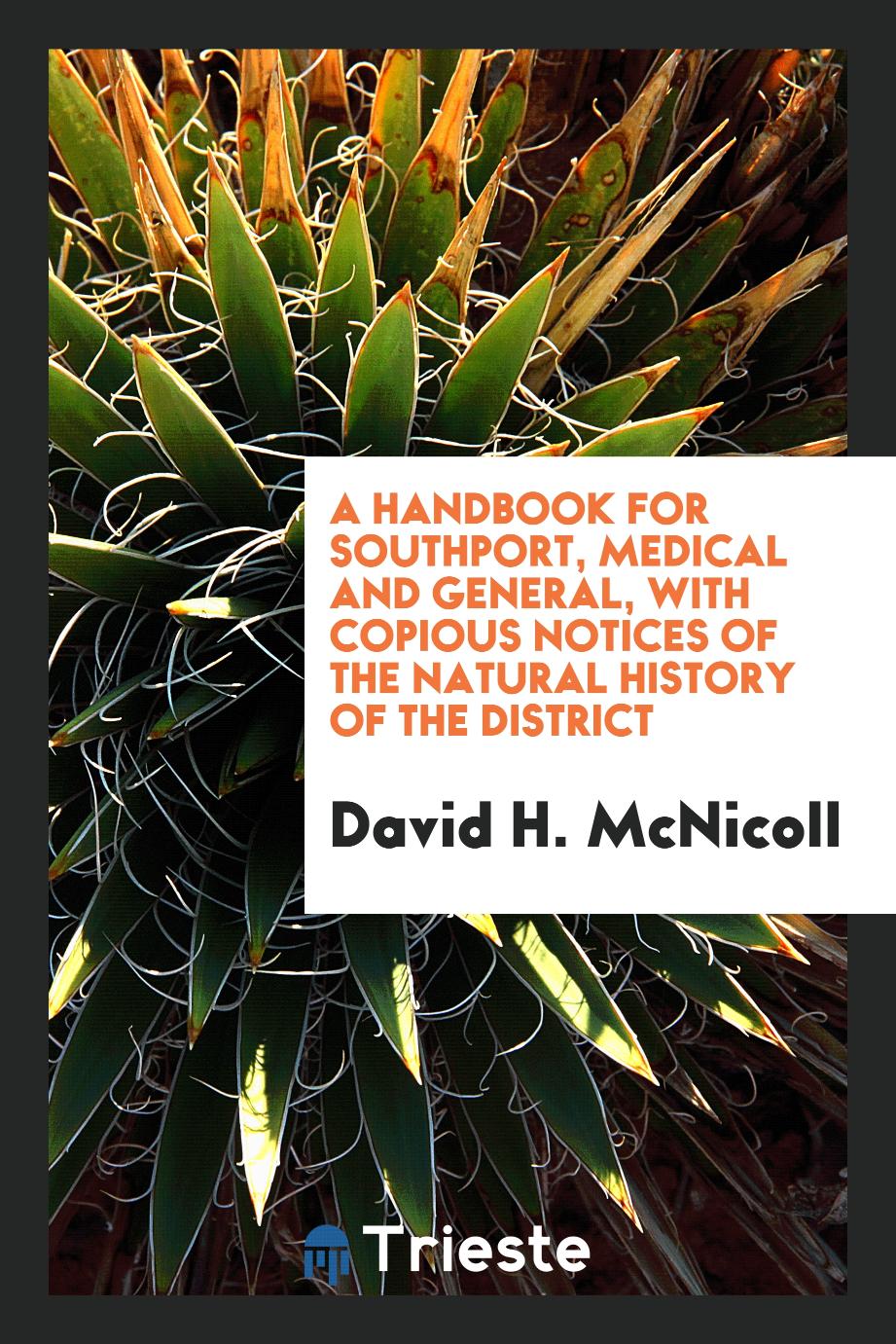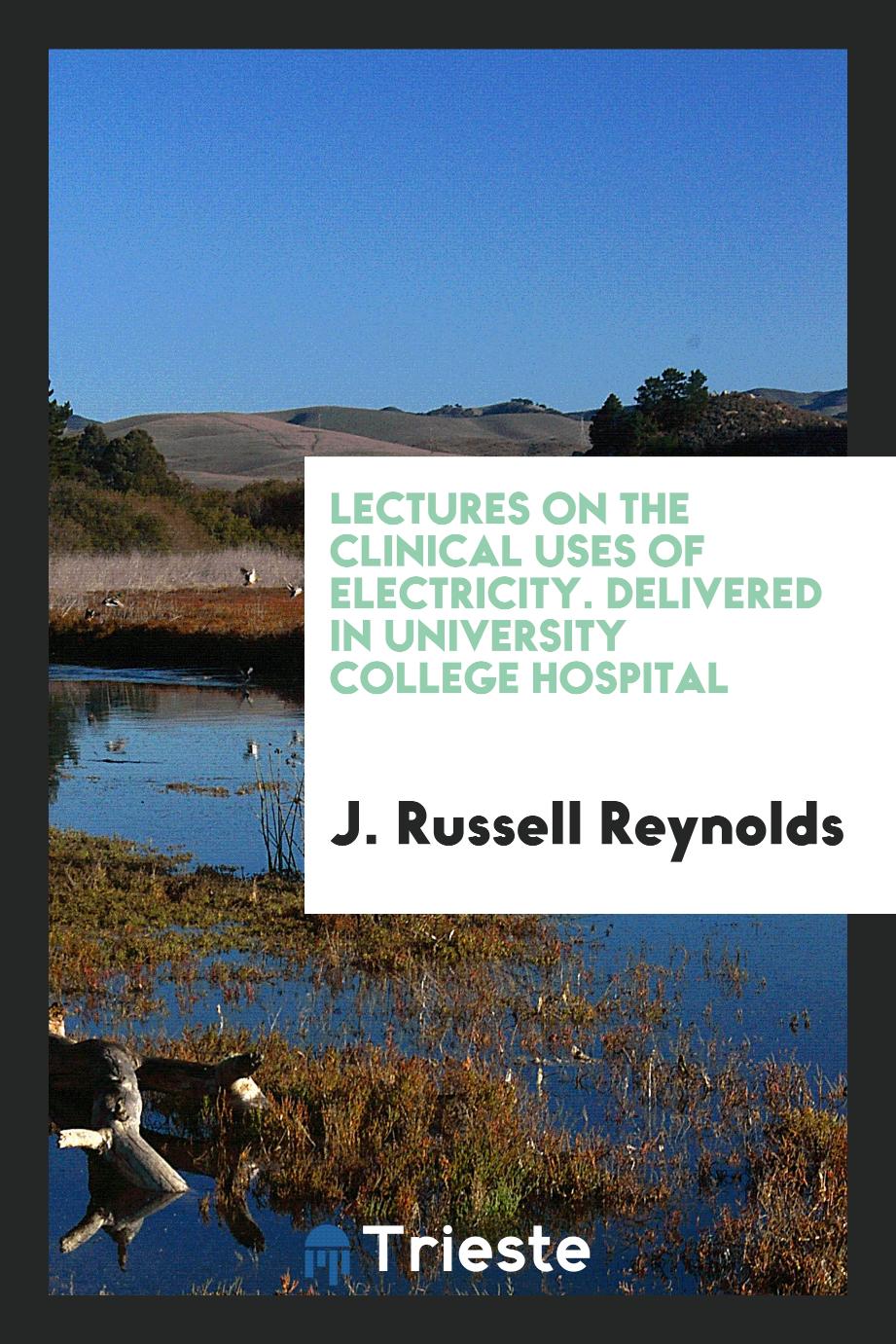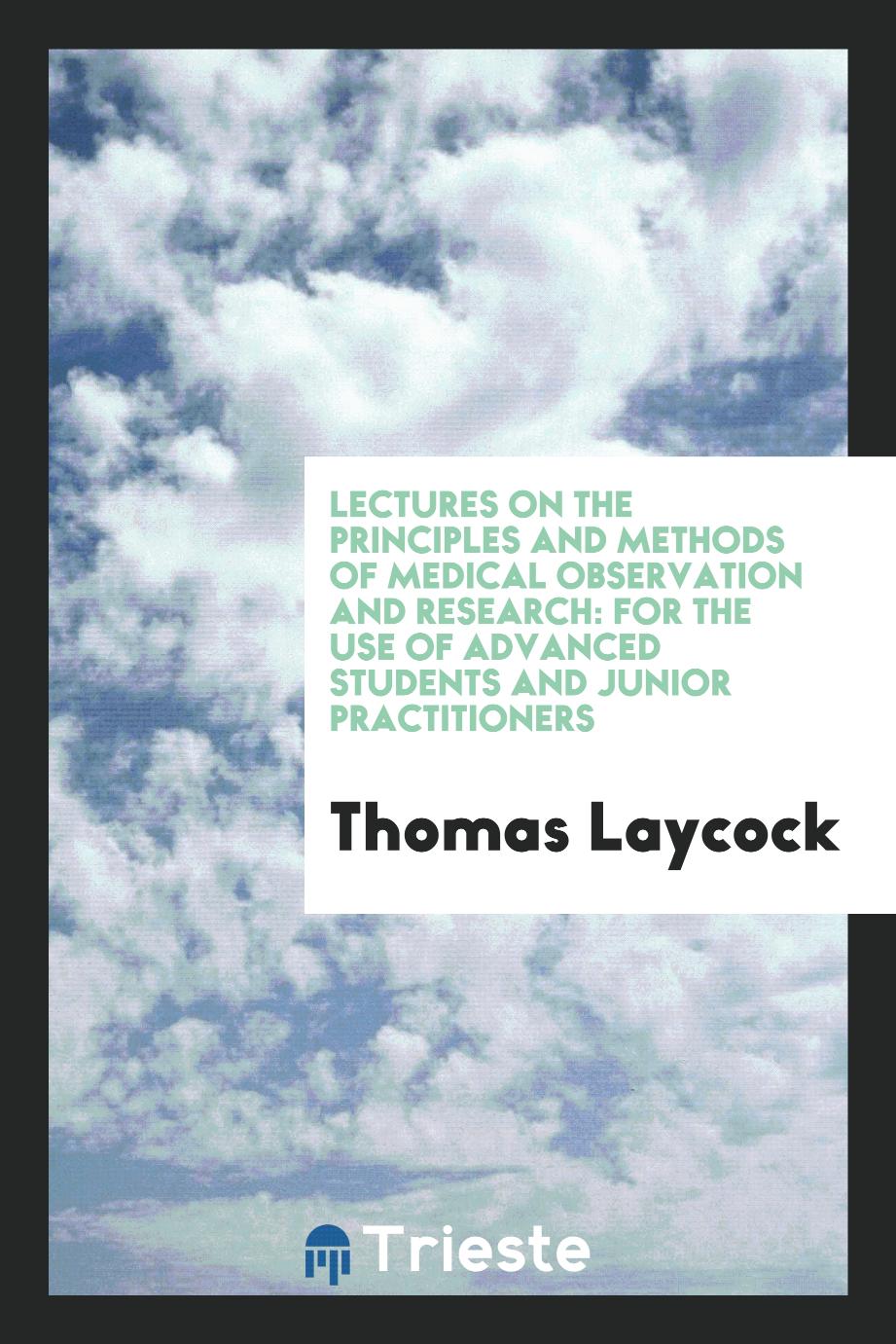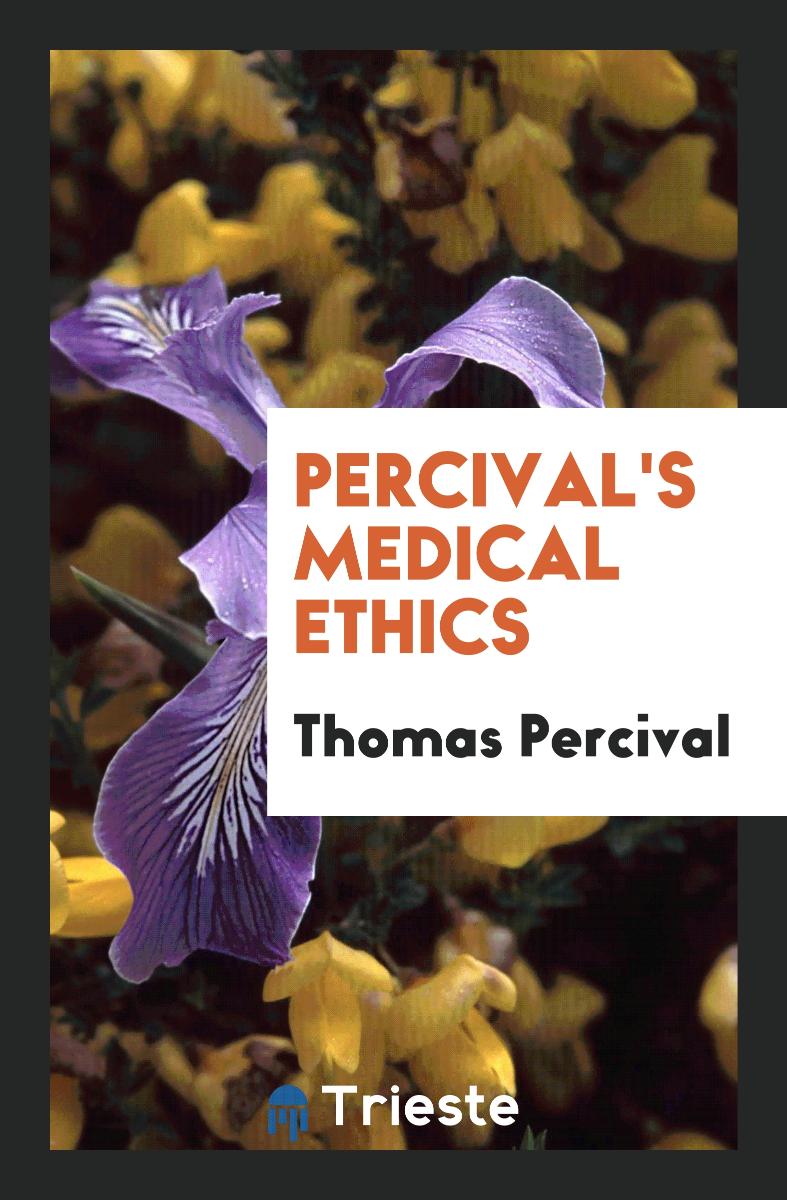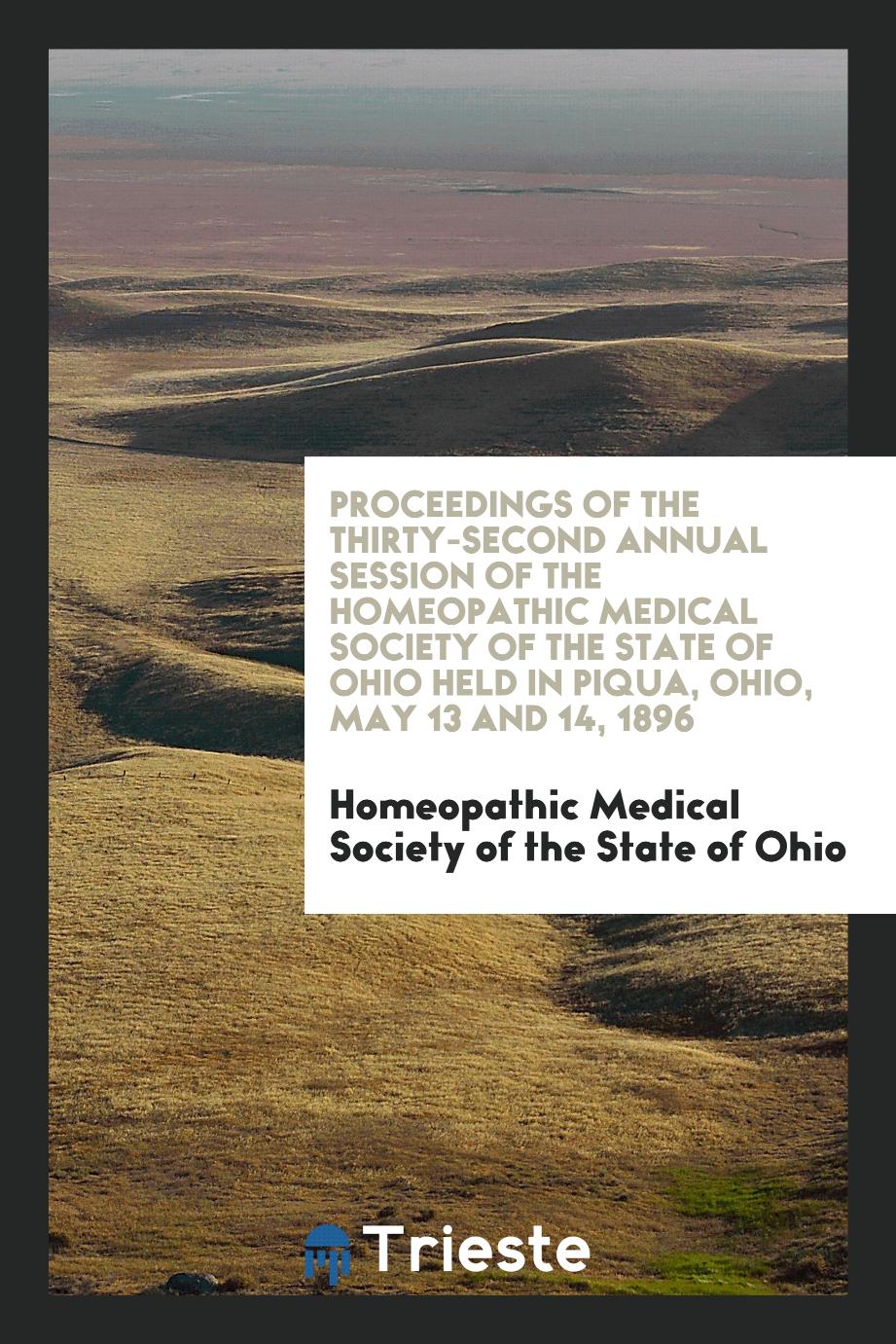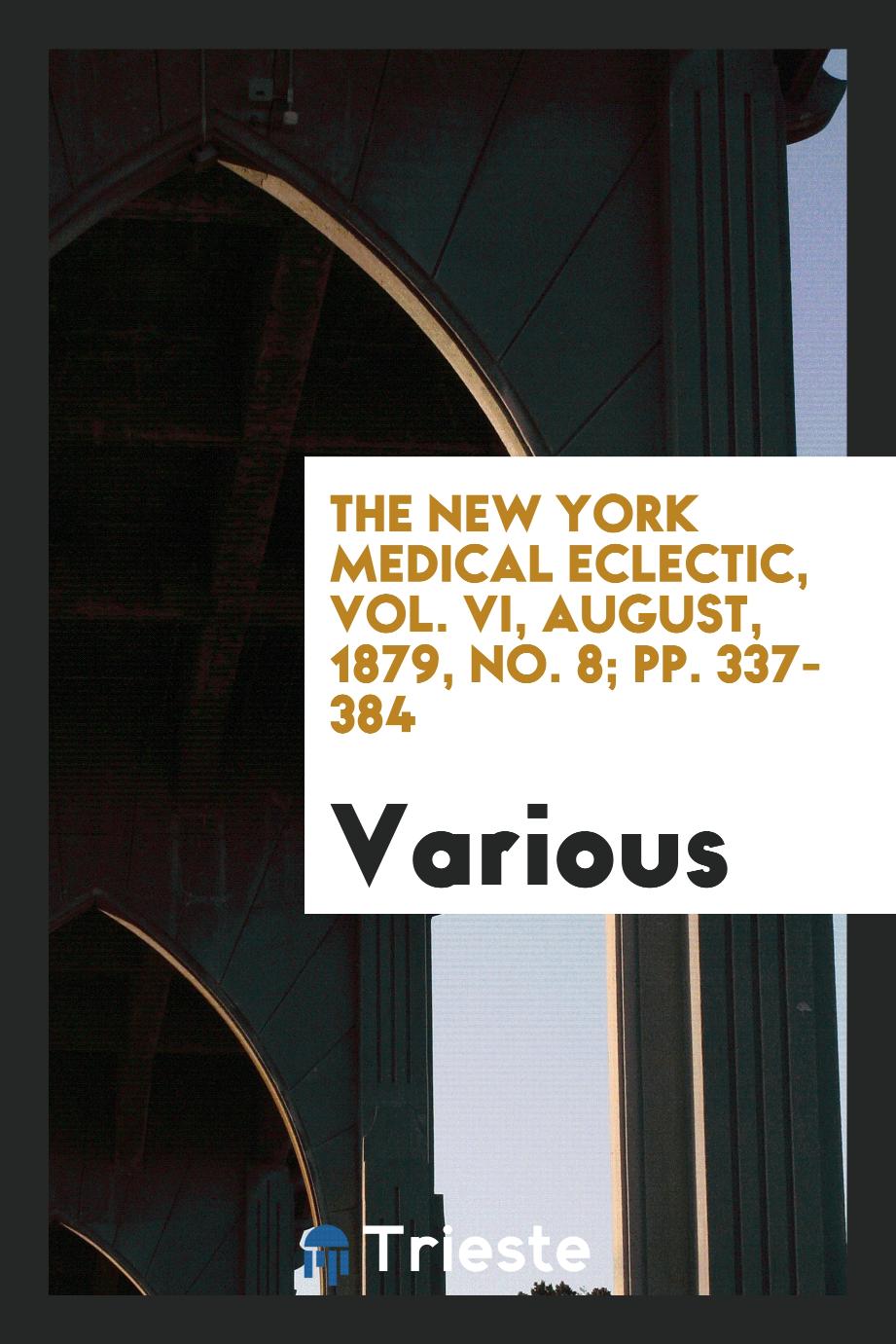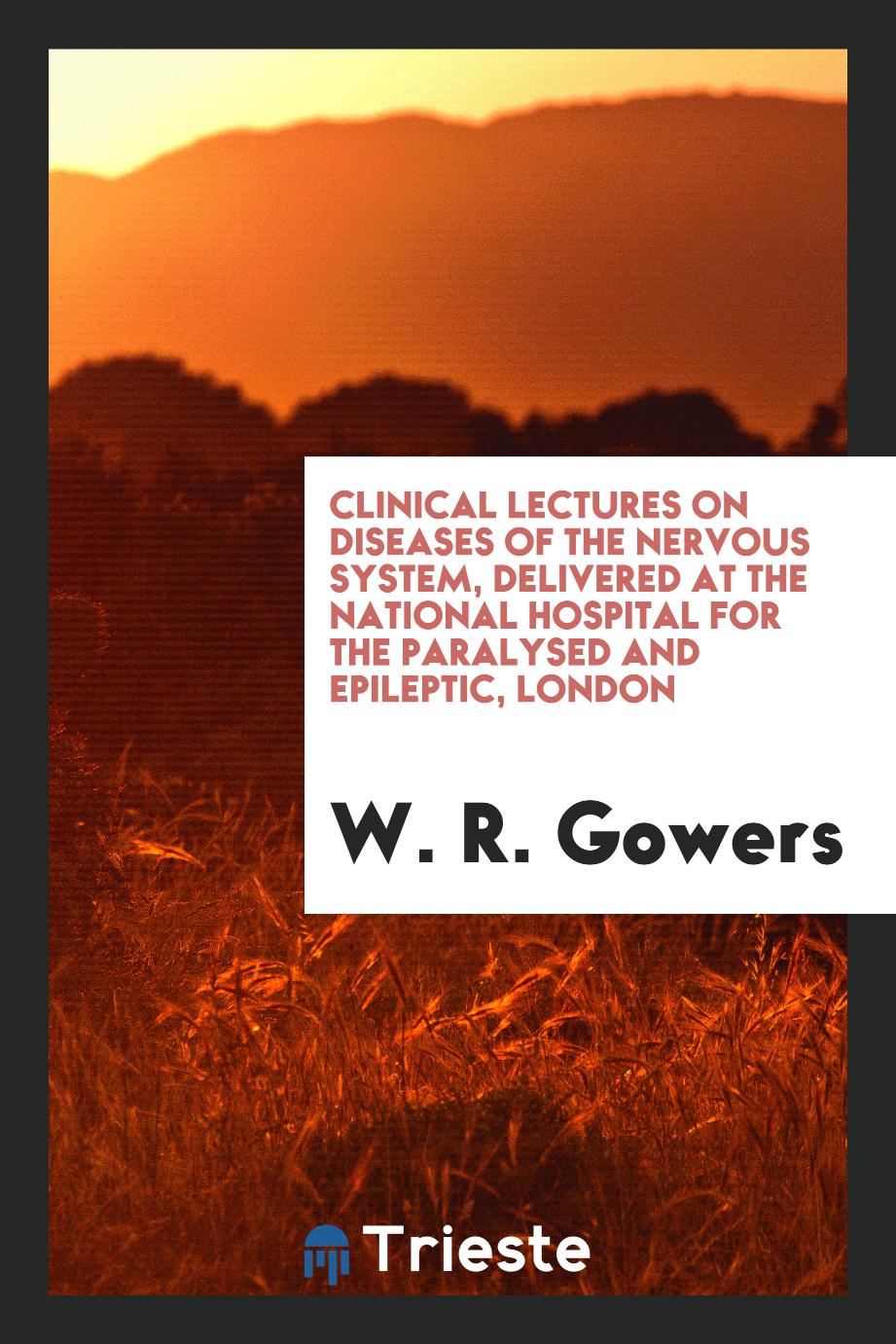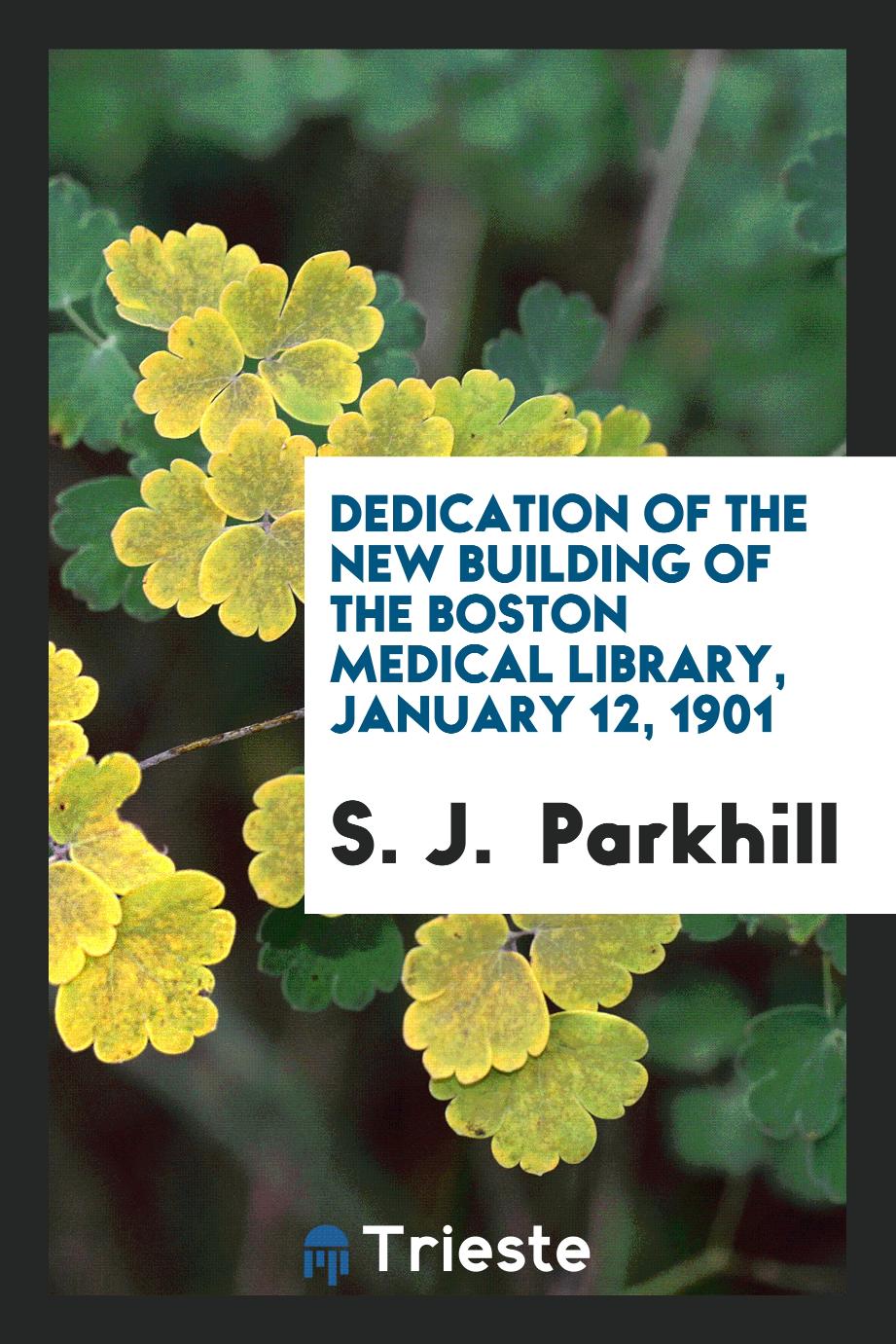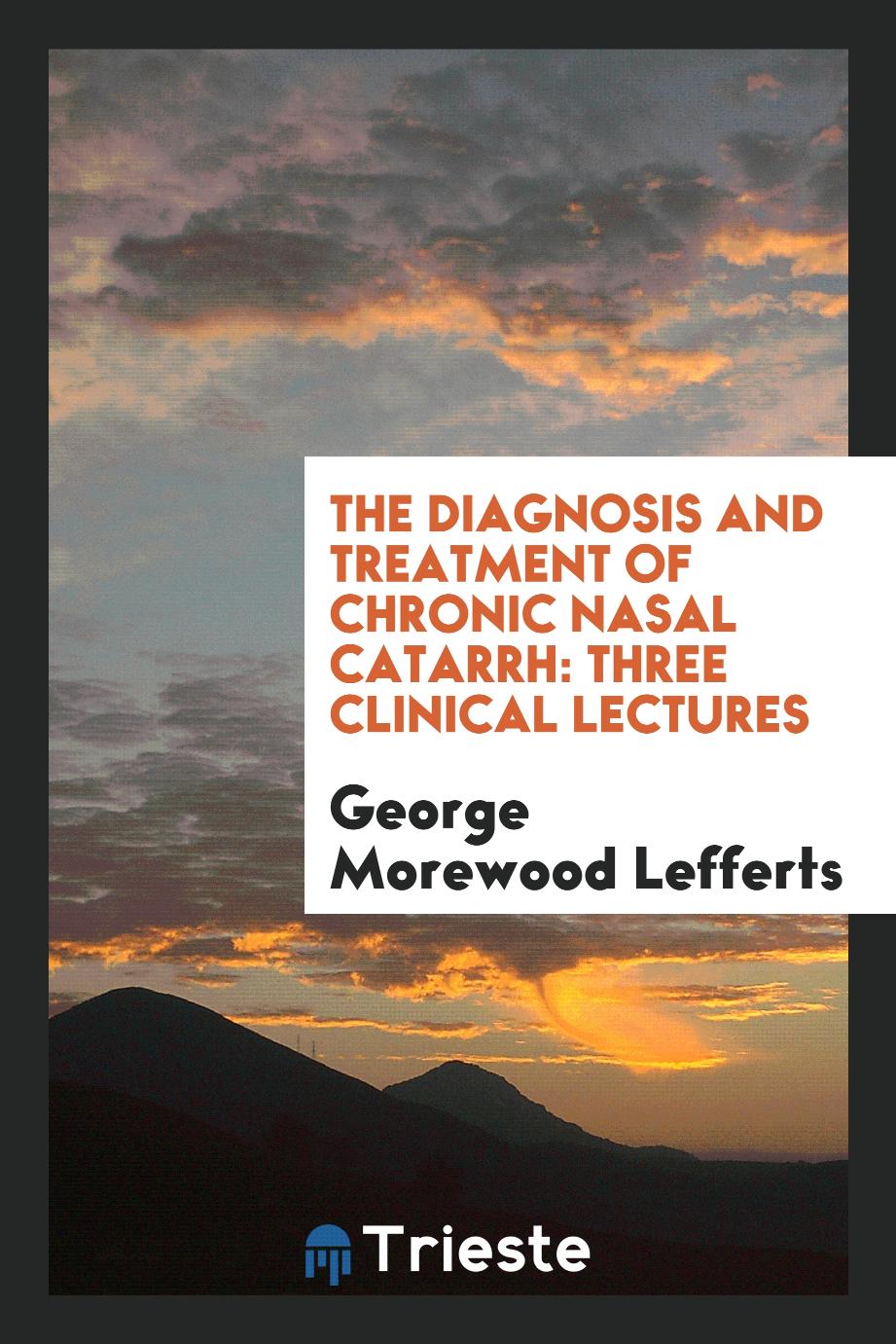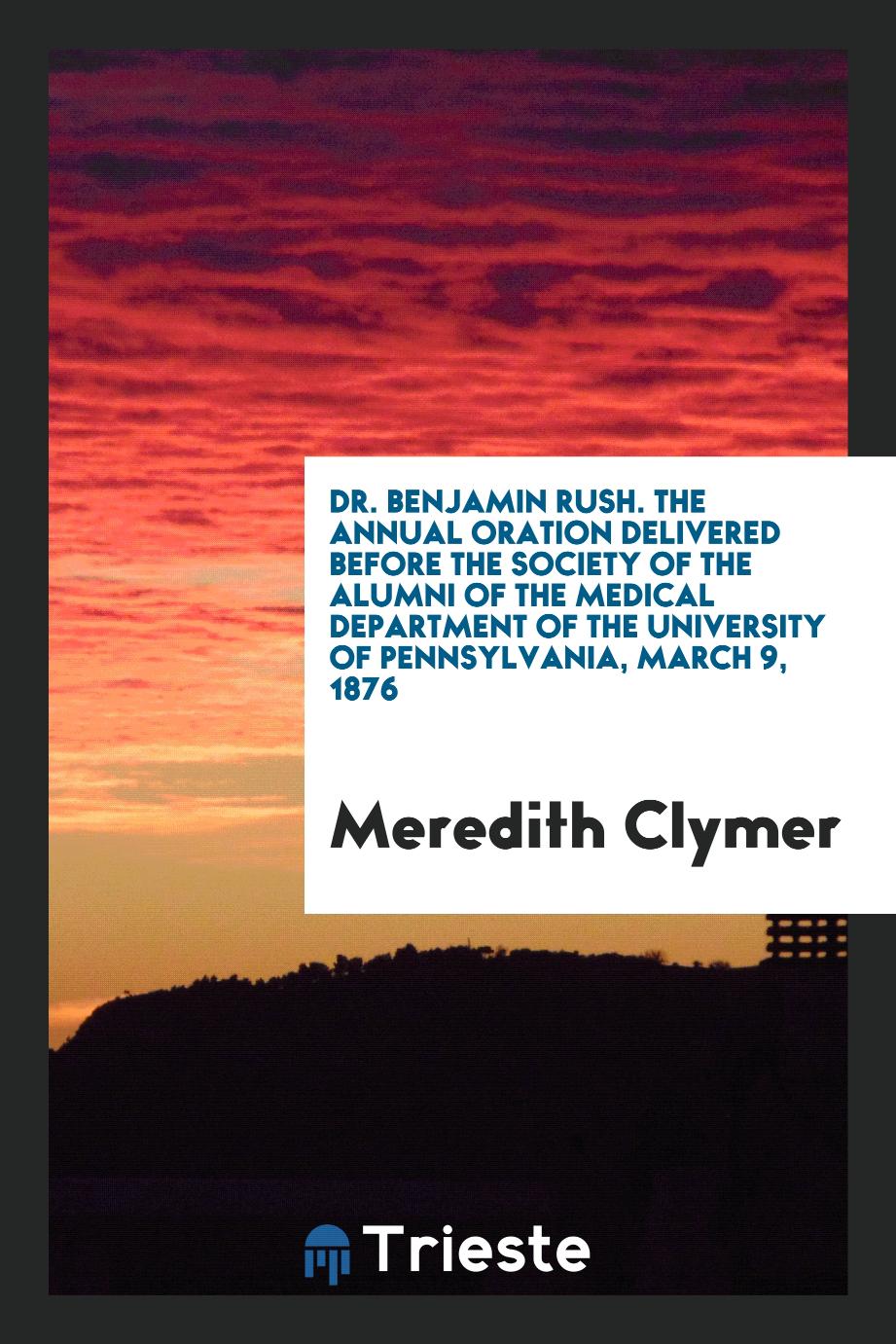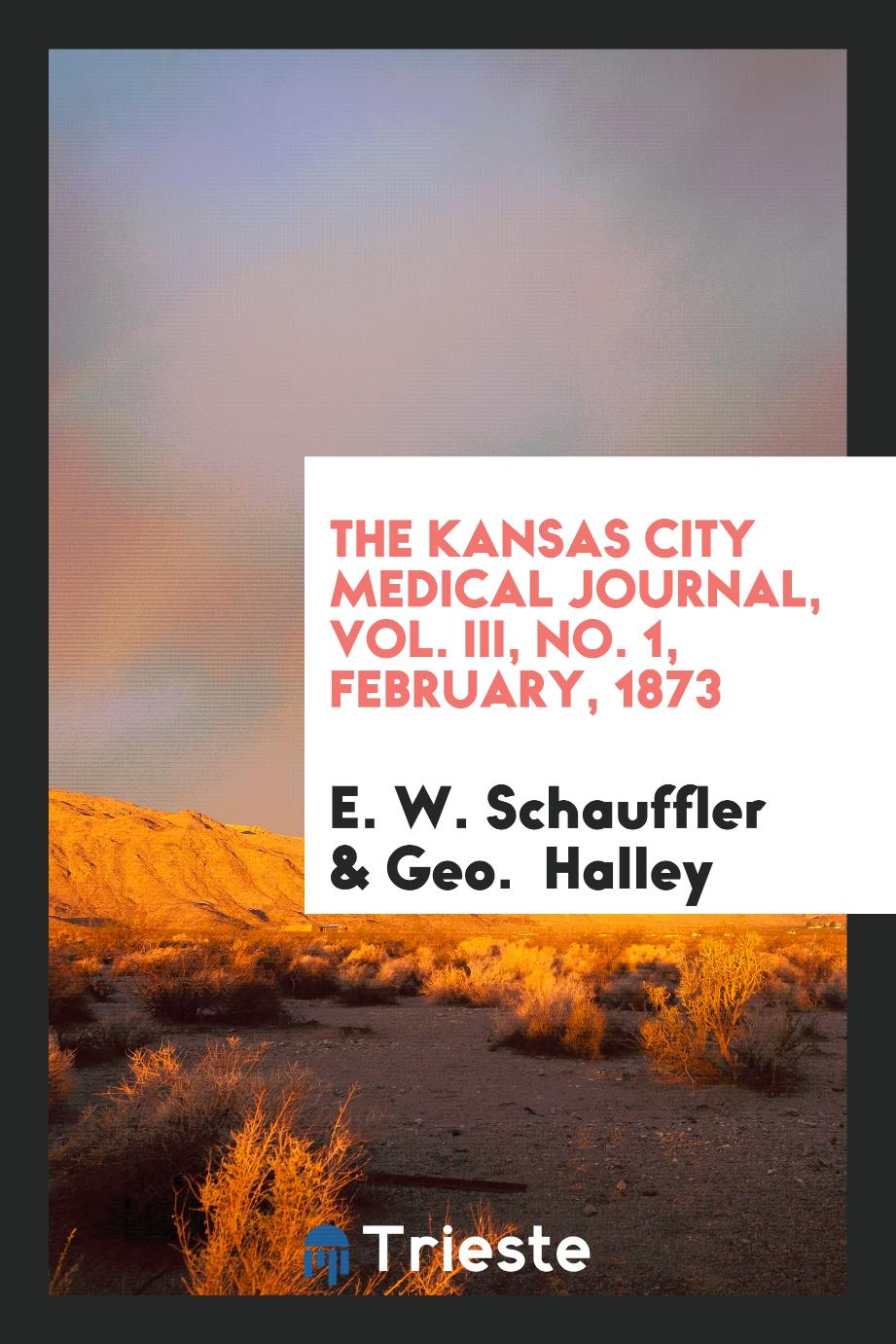Books
Medical Books
The Trieste Publishing Medical catalogue contains books about Clinical and Laboratory Techniques for Nursing, chemical research for making new drugs and military medicine e.g. how to treat a wound, first aid etc. We have books about the history of the formation of medicine and various professions, degrees and qualifications including doctors, herbalists, dentists and surgeons.
Medicine is a field of scientific and practical activity that studies the normal and pathological processes in the human body, various diseases, pathological conditions, methods of their treatment, prevention and promotion of human health.
The word "medicine" comes from the Latin phrase ars medicina - "healing art", and has the same root as the verb lat. medeor - Heal.
In the ancient world, attempts at healing arose in the earliest stages of human existence. In ancient Eastern countries, the so-called priestly, or temple, medicine evolved.
There were significant successes in medicine in ancient states thanks to the likes of ancient Greek physician Hippocrates, Roman naturalist Claudius Galen, Alexandrian doctors Gerophil and Erasistrat, and others. They formed schools such as Knidsky (Ctesium), Koska (Asclepiad) and Ephesus Medical Schools. In the Roman era, Soran, Rufus and Oribazzi also had significant achievements. Ancient Chinese medics made use of more than 2000 drugs and herbs (ginseng, camphor, etc.) and the method of acupuncture. In Ancient India anatomy, surgery and the doctrine of internal diseases achieved successes.
Surgery is one of the oldest branches of medicine, but its widespread use has become possible since the XIX century. During that era, there was a rapid development of knowledge in human anatomy, followed by the scientific substantiation and introduction of antiseptic and aseptic technique (Joseph Lister, 1865-1867), anesthesia (dentist Wales, 1844; dentist Morton, 16.10.1846), the discovery of blood groups and their compatibility with hemotransfusion. Various areas of surgery remain relevant: transplantation and plastics (donor tissues, organs, prostheses, stem cells) and low invasiveness of surgical interventions (intensive development of remote surgical robotics, in particular the expansion of the scope of Da Vinci work). Surgical instruments are usually necessary to perform surgery.
To search the directory you can enter the name of the doctor, topic or author that interests you.
